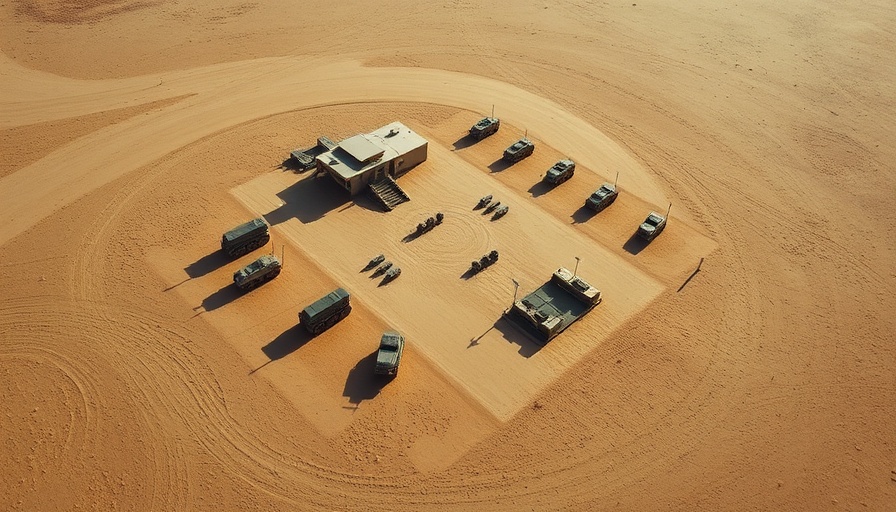
The Rise of Algorithmic Management in Hotels
The hospitality sector is undergoing a significant transformation as algorithmic management (AM) takes hold, shifting the managerial landscape to leverage technology in decision-making processes. According to a study from the University of Surrey, not only are hotel managers at risk of becoming obsolete, but their roles are also being redefined as AI systems increasingly take over managerial responsibilities.
The Impact of AI on Hospitality Management
AM streamlines hotel operations by handling complex tasks such as scheduling, staff allocation, and resource management, which were traditionally managed by human managers. These algorithms analyze various factors, such as room occupancy and cleaning requirements, to optimize efficiency and reduce costs. This technological shift raises critical questions about the nature of managerial responsibilities and employee experiences within the industry.
Human Element in an Automated World
While the advancements facilitated by AI and machine learning can lead to greater efficiency, there are inherent risks of dehumanization in the workplace. Brana Jianu, the lead author of the study, emphasizes the need for hotels to maintain a human-centric approach. "Managers must evolve from controllers to coaches, fostering an environment where employees feel empowered and valued." This humanization of management is essential as hotels adopt more automated systems.
Strategies for Effective Management Amidst Automation
To counteract the potential alienation brought by AM, the research outlines several key strategies for current hotel managers. Firstly, establishing transparent communication regarding how algorithms make decisions can help employees feel engaged and invested in their roles. Additionally, fostering collaboration and creativity among staff remains crucial.
Future Trends in Hotel Management
The implications of AI and algorithmic management in the hospitality industry are vast and complex. As hotels continue to integrate these technologies, the balance between efficiency and the human experience will determine future trends. The successful hotels of tomorrow will likely be those that can blend AI capabilities with human insights, ensuring that the essence of hospitality—personal connection—is preserved.
Final Thoughts: The Evolving Role of Managers
The rise of AI and machine learning in hotel management is indisputable, but the key to effectively navigating this new landscape lies in the recognition of human values. By prioritizing employee engagement and empowerment, hotel managers can not only survive in this age of AI but thrive, transforming challenges into opportunities for growth and innovation.
 Add Row
Add Row  Add
Add 




Write A Comment